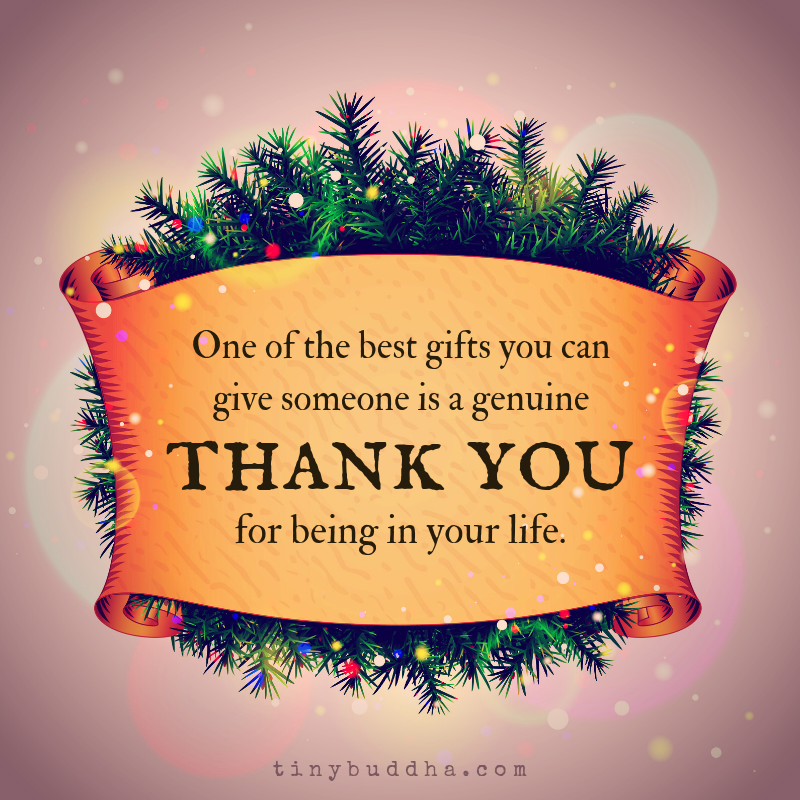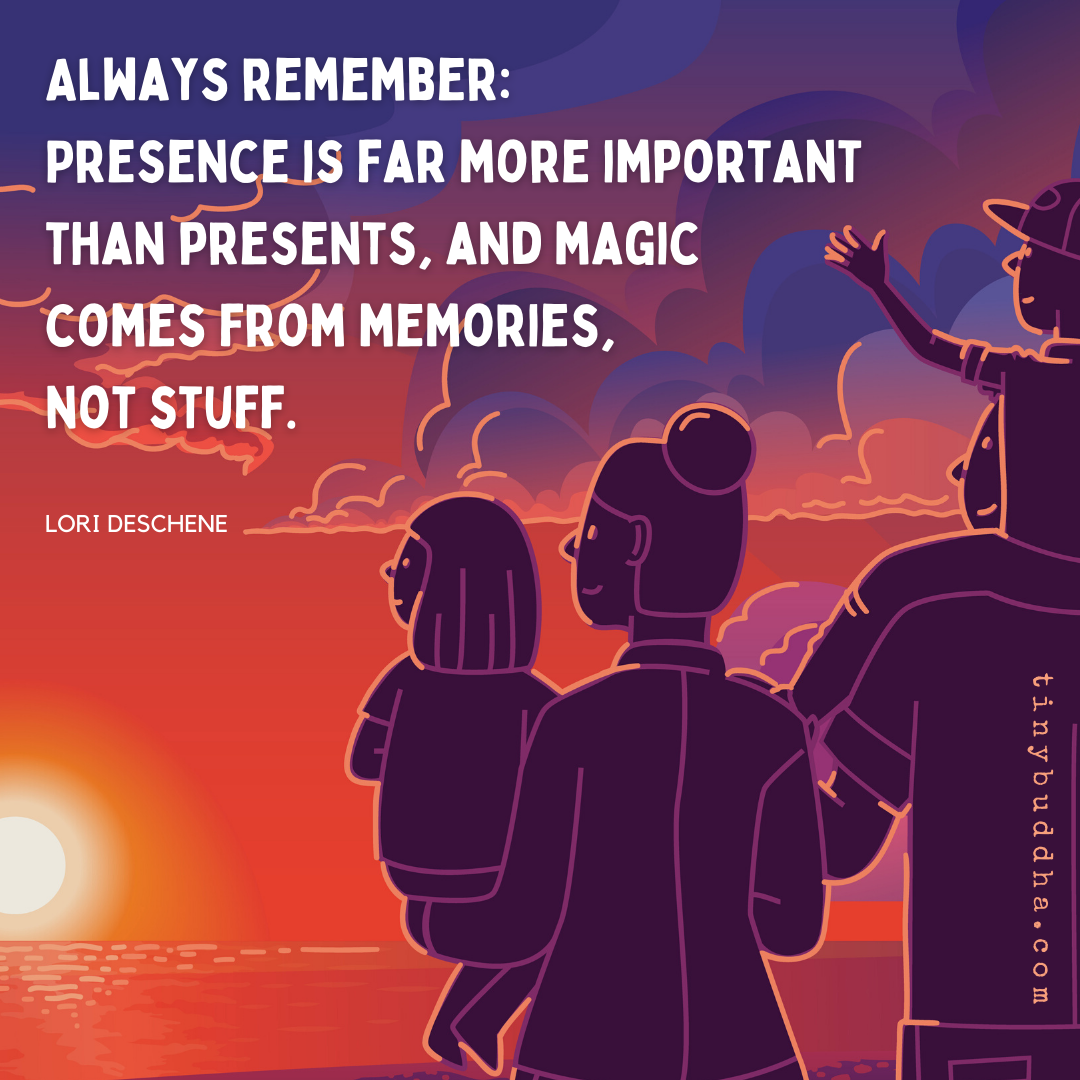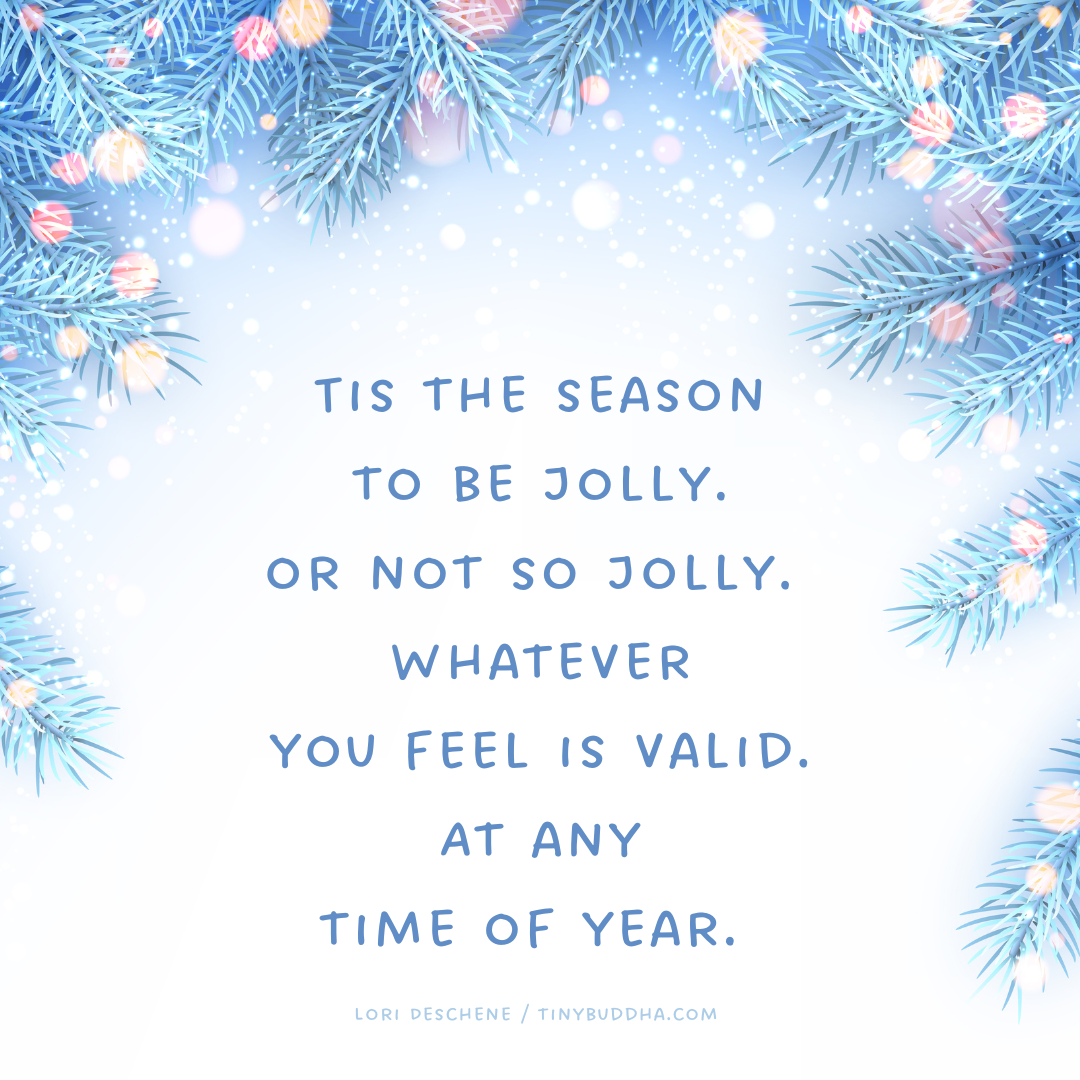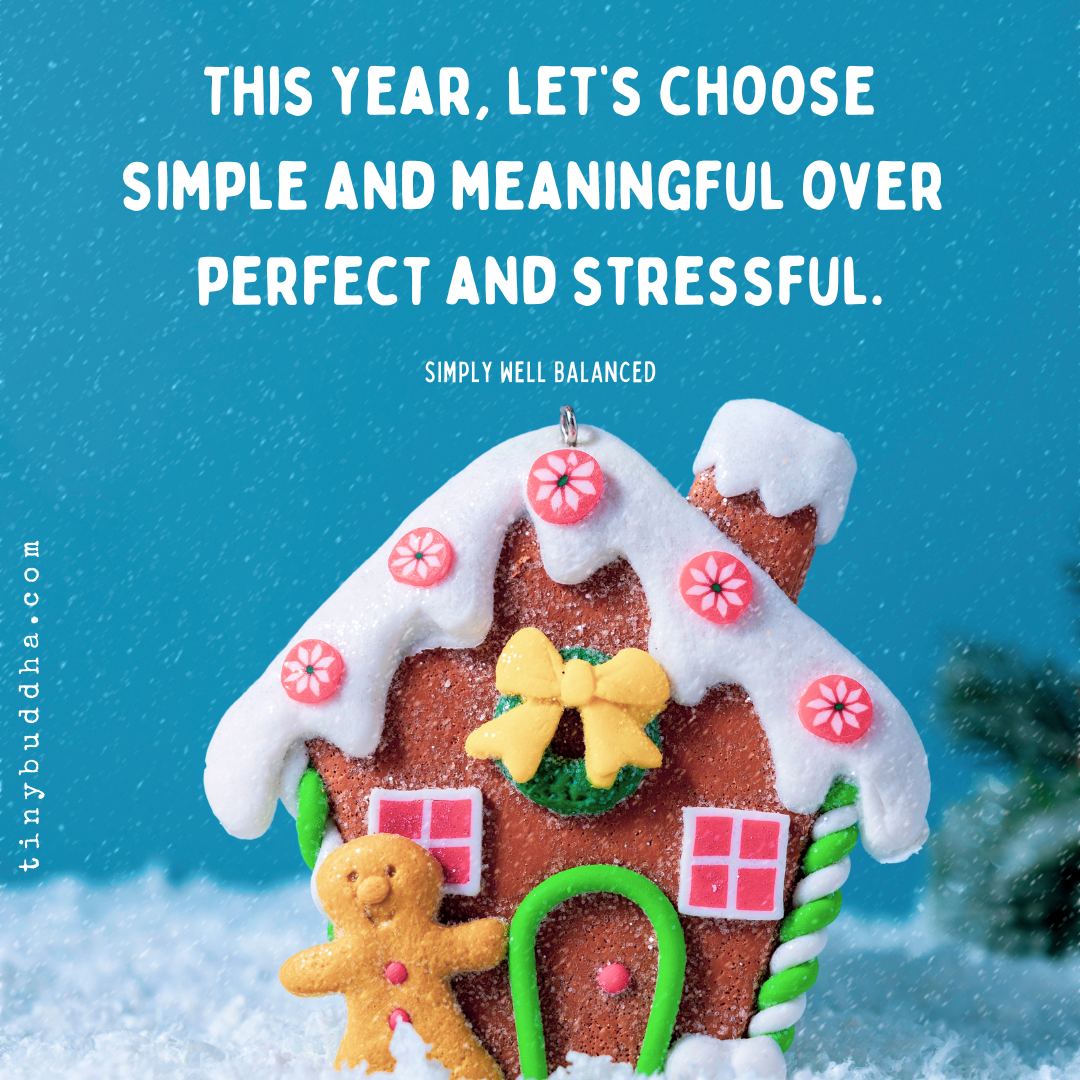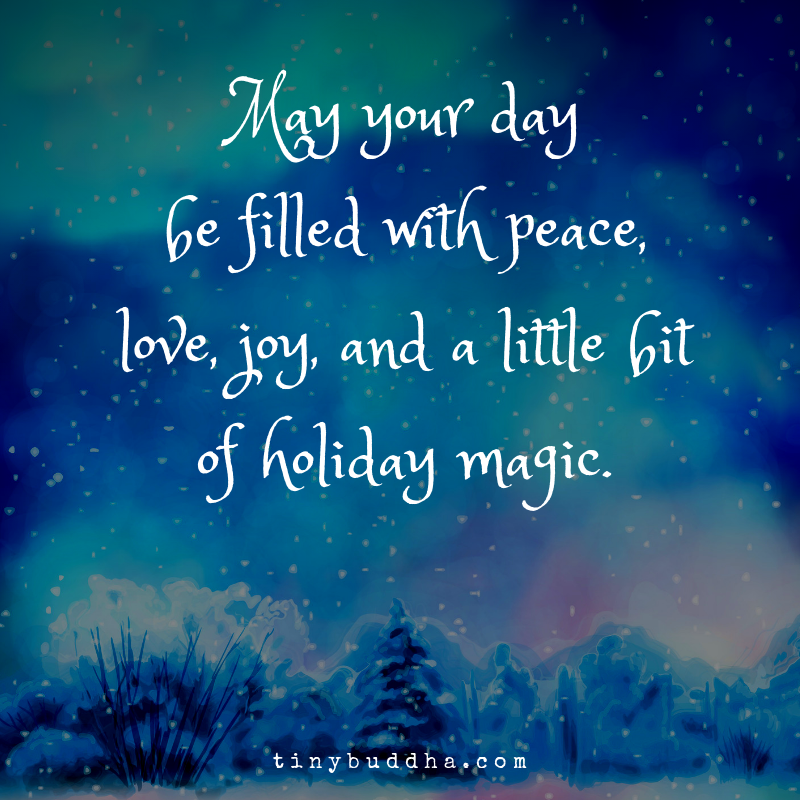
“If you accept a limiting belief, then it will become a truth for you.” ~Louise Hay
When I first set out to create my business, I poured all my hopes and energy into it working tirelessly, learning, refining, and investing. Since childhood, I knew I wanted to do my own thing. Something that felt meaningful to me. But despite all my best efforts, the success and sense of support and steadiness I longed for always felt out of reach.
I chalked it to timing, or not doing enough, or missing something others had that I couldn’t put my finger on. But all along, what was behind the stuckness was a force I’d never considered—conditioning.
Conditioning is the learned behaviors and beliefs we adopt as children to feel safe, loved, and accepted. These patterns become so ingrained that we don’t realize they follow us into adulthood. But do they ever, shaping how we approach everything, including our ambitions and relationships.
My own deconditioning journey has spanned years and, my goodness, the layers… but one of the densest and most sabotaging was this: I was raised to believe that being misunderstood was unsafe.
My childhood experiences taught me that expressing myself with honesty or assertiveness could come at a mega cost, and I carried this lesson into my life and business (like nobody’s business), without even realizing it.
As I began to share my work with the world, I felt an anxious compulsion to prove myself and my approach exhaustively. I couldn’t shake the picture of a hostile audience judging every word I wrote or spoke, so instead of focusing on how my work could solve a problem for potential clients, I was caught up in an endless loop of over-explaining, justifying, and defending my ideas—before anyone even questioned them.
I wasn’t marketing my work as much as I was making a case in a courtroom of my own projection. It was the worst. It drained my energy, sabotaged my business, and made showing up for it feel like a rerun of a past I thought I’d outgrown.
Seeing this and other aspects of my conditioning for what it was (distinct from me and a coping mechanism from the past) took a lot work. My unique path included estranging from toxic family dynamics, moving from Brooklyn to a very calm corner of Italy, quitting alcohol and cigarettes, and hiring a coach who understood where I came from and where I wanted to go and could go as deep with me as I knew was required.
I don’t believe it’s a fair ask to release aspects of our conditioning (regardless of how limiting they are) when our lives and relationships don’t feel safe, and it took creating safety, cogency, and self-trust to start seeing all at the ways coping had kept me from thriving.
The first step toward breaking free of the anxious over-explaining pattern was noticing how it felt in my body. I’d feel the anxiety rise, and then survival mode would take over whenever I tried to communicate my work with directness.
More than once, my jaw would lock, my head would go fuzzy, and my throat would collapse if too much truth, confidence, or opinion came to the surface.
This wasn’t a personality quirk; it was an echo of the past, manifesting in the present.
Inner child work was the medicine for this—when those feelings welled up and the impulse to shut down or over-explain would come up, I’d picture little me sitting on my lap and I’d hold her through the fear, reminding her that she was feeling the past, not the present. That she wasn’t alone in this and wouldn’t be ever again. And then I’d lean in and say the thing.
As I sat with those feelings, acknowledging them instead of letting them direct my actions, something shifted. I was re-parenting that vulnerable part of me that had once believed it was dangerous to be seen and heard and showing her that we could walk past those fear thresholds together. And so, we have, more and more every day.
Letting go of this need to defend myself, I found both clarity and a sturdier sense of being safe in my own skin than when I only had the conditioning to protect me.
And when it came to my work and business, my focus could center on what truly mattered: serving my clients and making my work clear and accessible, not to the critic within but to people, real people who are looking for change.
The impact was immediate. Communicating with clients became smoother, and even tasks I’d once dreaded—like getting on sales calls—felt natural, grounded, and friendly. It opened the door to a new kind of productivity, one fueled by purpose rather than “headless chicken” survival. Thank heavens. Really.
If you’re finding it difficult to make things happen as you envisioned them, it may not be about working harder or finding the perfect moment. It could be that unseen patterns of conditioning are guiding your actions, just as they were guiding mine.
The beauty of recognizing these patterns is the freedom that opens up.
When you let go of outdated beliefs and create space to move forward from a grounded, present, clear-eyed place, ambitions start to feel within reach because the truth is, they kind of are.
What can feel impossible or out of reach or alignment becomes so much less charged and so much more achievable when we’re no longer fighting these unseen barriers.
It isn’t always easy work, and it requires a commitment to challenge familiar beliefs, reach for support, and sometimes make some big changes. But if you’re willing to face your hidden patterns, you might just find that what you want is far closer than it once seemed.
![]()
About Mel Wilder
Melanie’s a coach whose work dismantles the hidden conditioning that keeps women stuck, helping them build thriving businesses that are as aligned as they are successful. Drawing from decades of personal and professional exploration, she’s developed a transformative approach that applies principles of personal healing and self-discovery to the journey of entrepreneurship. Visit her at thebodycure.net.
Get in the conversation! Click here to leave a comment on the site.
from Tiny Buddha https://ift.tt/k7L0dnX







